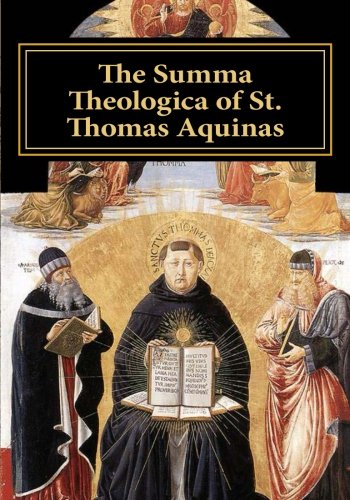

The distinction of good and evil: evil (48) and its cause (49). The beginning of the duration (46) of creatures.ĭISTINCTION: The distinction of things in general(47). Creation (45), which is the mode of emanation of creatures from the first cause. PRODUCTION: The first cause (44) of beings. The equality and likeness (42) of the persons. THE THREE COMPARED: The person in reference to the essence (39), with the relations or properties (40), or to the notional acts (41).

HOLY GHOST: The person of the Holy Ghost, Who is called three things: Holy Ghost (36), Love (37) and Gift (38). SON: The person of the Son, to whom three names are attributed: Son ( see 33), the idea of which is gathered from the idea of Father Word (34) and Image (35). The number (30) of the persons, and what is involved in the number of persons, or is opposed thereto as diversity, and similitude, and the like (31). THE PERSONS IN GENERAL: The signification (29) of the word "person". The relations of origin relations of origin (28). ORIGIN: The question of origin or procession (27). The divine beatitude (26) The Blessed Trinity POWER: The power of God (25), the principle of the divine operation as proceeding to the exterior effect. Predestination (23) and the book of life (24). OPERATIONS (INTELLECT AND WILL): Providence (22), in respect to all created things for in the science of morals, after the moral virtues themselves, comes the consideration of prudence, to which providence belongs. Hence we shall first consider the love (20) of God, and secondly His justice and mercy (21). In our own wills we find both the passions (such as joy and love), and the habits of the moral virtues (such as justice and fortitude).
.jpg)
The life of God (18), since to understand belongs to living beings. Truth (16) in God, for knowledge is of things that are true. The ideas (15), which exist in His knowledge. OPERATIONS (INTELLECT): God's knowledge (14). His immutability (9), and His eternity (10) following on His immutability. His perfection: and because everything in so far as it is perfect is called good, we shall speak of His goodness (6)-and goodness in general (5)-as well as His perfection (4). His simplicity (3) or lack of composition. So to study Him, we study what He has not-such as composition and motion. The One GodĮSSENCE: We cannot know what God is, but only what He is not. GENERAL: The nature and extent (1) of sacred doctrine.


 0 kommentar(er)
0 kommentar(er)
